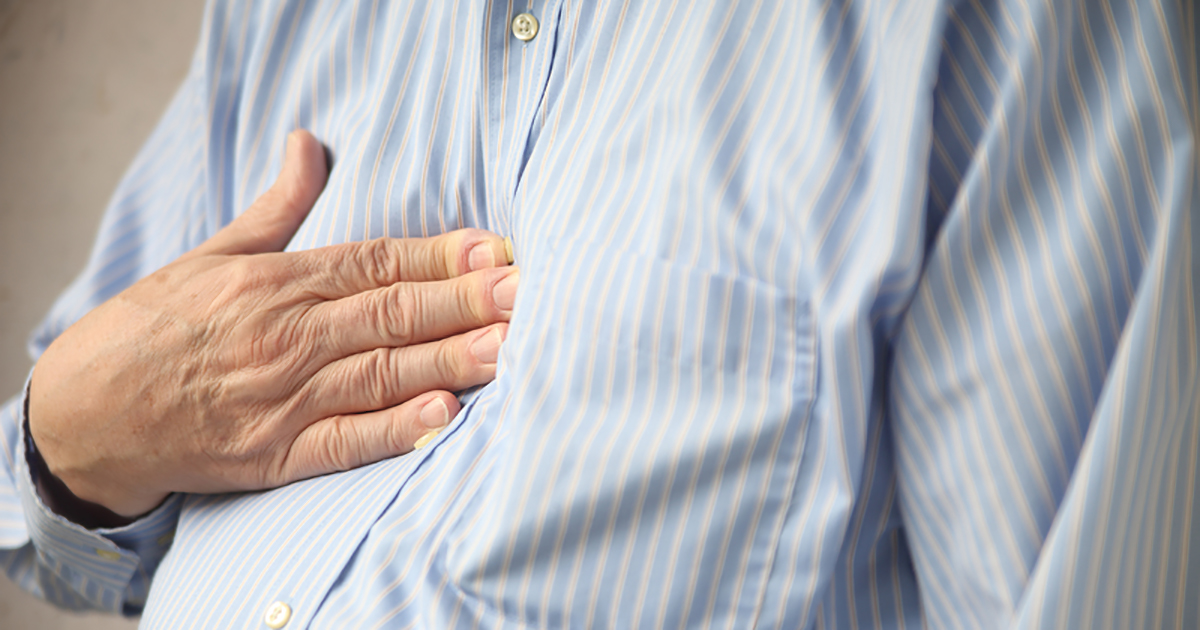Various Ways To Know You Are Obese
Frequent Heartburn

Any changes to a person’s body weight, even slight fluctuations, such as a couple pounds, can lead to more acid reflux, as more than one-third of obese and overweight individuals experience gastroesophageal reflux disease, more commonly known as GERD. Typical symptoms of GERD include belching, a bitter taste in the mouth, nausea, and uncomfortable abdominal pain. Recent research indicates there is a clear connection between obesity and heartburn, as the studies conducted have proven that an increase in one’s weight and the size of their stomach can either cause or worsen the condition.
Heartburn, or GERD, occurs when stomach acid flows back up into the esophagus, and symptoms typically appear shortly after an individual has eaten, and can last from a few minutes to a couple of hours, depending on the severity. Unfortunately, this connection appears to be stronger in Caucasian women compared to men and other ethnic groups. The increased risk of developing GERD is believed to be caused by an excessive amount of belly fat putting pressure on the stomach, the development of a hiatal hernia that causes the backflow of acid, or even hormonal changes.